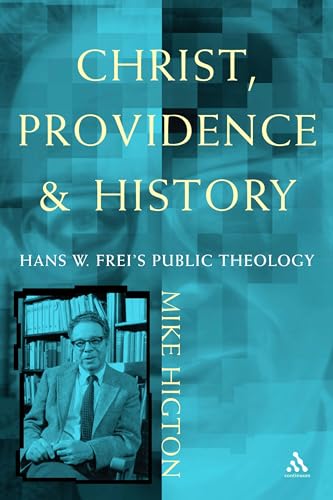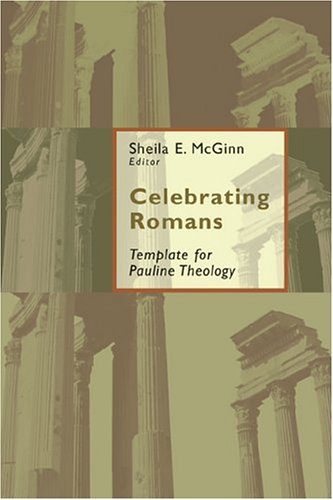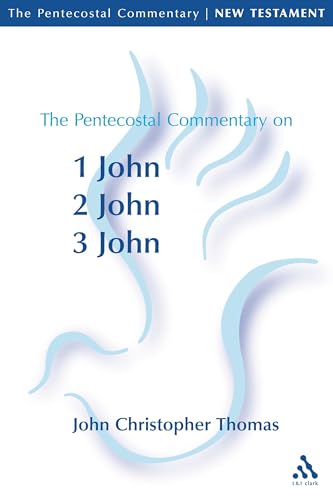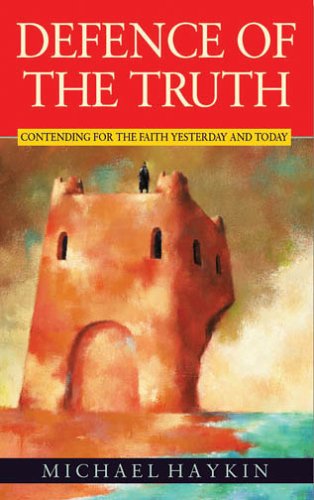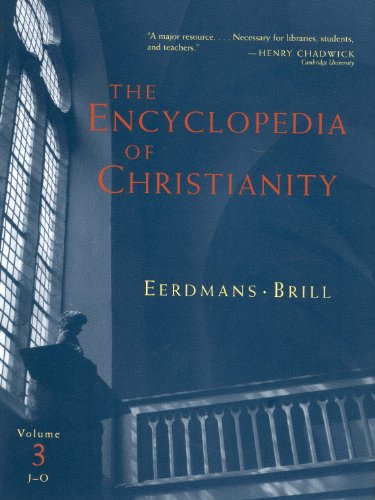CHRIST, PROVIDENCE AND HISTORY: HANS W. FREI’S PUBLIC THEOLOGY
Written by Mike Higton Reviewed By Anna RobbinsAfter perusing the enticing appendices and annotated bibliography, I settled in for an enjoyable read of this exposition of Hans Frei’s theological development. Based on careful research, Higton paints the broad canvas well, setting Frei in the context of his ‘laughing’ reaction to Strauss’s take on history. Responding in a critical Barthian line, the author suggests that Frei agreed with Barth’s incarnational assertion whereby Jesus serves as the paradigm for humanity conformed to God. But Frei believed that Barth needed to move beyond a dogmatic assertion and take into greater account the facts of the historicity of the person of Christ. Thus, Frei asserted the nature of Christ arising from his life in history as the unsubstitutable person. He then concentrated not on how God did what he did in history through Christ, but rather what it means to make a claim that God did so act. Here, the book (and Frei’s work) takes on apologetic import.
The author shows how Frei argued that the church, by the gift of the Spirit, re-presents Christ to the world. The church is not equated with Christ’s unsubstitutable identity, but acts historically with ‘fallible discernment’. Higton explains how Frei distinguished between mythical narratives and narratives that have a more ‘history-like’ and unsubstitutable quality, placing the gospel accounts in the latter category. He suggests that Frei likewise rejected alienation anthropology, and idealist ontology. While not everyone will be overwhelmingly convinced of the latter, these rejections were by way of clearing the path to access the Jesus Christ of the Gospels without the intellectual clutter of a generation past.
We are consistently presented with the author’s main thesis that Frei must be understood as a public theologian, viewing history as God’s history ‘providentially ordered in Jesus Christ’. While theology deals with its own commitments and convictions, it will always be spoken in a common language, shared with others beyond its commitments. In this sense, it has a relevance that cannot be isolated from the rest of history. Frei then, is presented as a theologian of history par excellence. The author supports Frei’s post-critical retrieval of figurative interpretation, discerned by faith rather than deduction. This clears the way for a Christ-centred reading not only of the Gospels, but the whole of history. Therein lies the heart of Frei’s call to a public theology. For the author, this is Frei’s most compelling achievement.
Higton further argues that the development of Frei’s typology of method was itself a negotiation between his work in systematic and historical theology. It is ‘unsystematic theology’ that Frei preferred, as it allows the Christian to begin with self-description, and move to the figurative interpretation of the Gospels in history today. This approach is not to be seen as a capitulation to mere fideism, something Frei condemned, and whose caveat, it may be said, ought to be heeded by evangelicals and post-liberals alike.
As is often the case, evangelicals reading post-liberal theology may well find themselves sailing between the shore of Affirmation and the island of Encouragement-to-go-Further-Still. Nevertheless, the author of a line like this must certainly be on the side of the angels: ‘[M]any things are needed in the Christian church. Sound theology is not the first of them, but it sure would help a little now and then’ (note 5, p. 224). By offering a most helpful exposition of the thought of one of the more significant Christian thinkers of the late twentieth-century, Higton has gone some way towards meeting this peculiar need, for which we may be grateful.
Anna Robbins
London School of Theology


